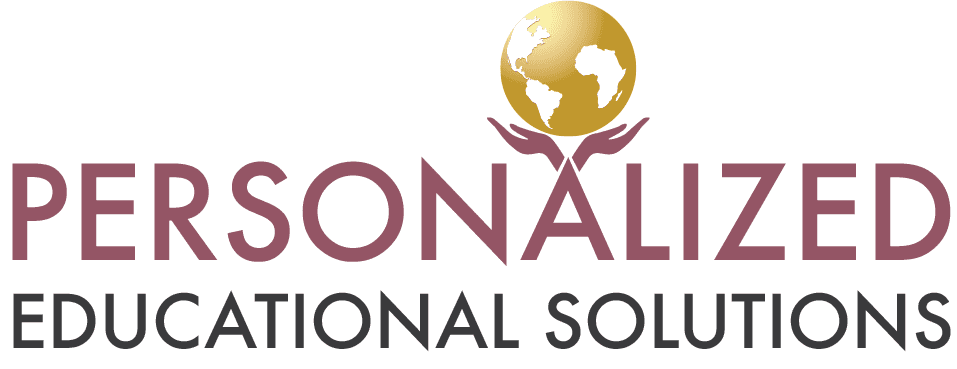Introduction to Dr. Nissen
One of our partners for this series is Dr. Nick Nissen, MD, Founder of the Nissen Clinic, an ADHD-focused virtual psychiatric clinic.
Dr. Nissen is a Harvard trained physician and therapist who treats students and adults struggling with anxiety, perfectionism, OCD, depression, and ADHD. He is passionate about the mind-body connection, is host of the Brain Health with Dr. Nissen podcast, and is a reporter with ABC News, where he explores the latest research on sleep, supplements, diet, exercise, and other lifestyle interventions for mental health. He takes a bio-psycho-social approach for each person, implementing evidence-based biological (eg. exercise, diet, sleep), psychological (eg. therapy, trauma, learning), and social (eg. relationship, spiritual, career) approaches to care.
Dr. Nissen attended medical school at Brown University’s Warren Alpert Medical School and then trained in psychiatry at Harvard Medical School’s Cambridge Health Alliance, where he was Chief of Student Mental Health and a researcher of behavioral approaches for ADHD. He worked as a cognitive behavioral and exposure therapist at the Boston University Center for Anxiety and Related Disorders (CARD). He has established his own personalized, high-touch concierge clinic in order to provide quality, attention, and direct accessibility for clients.
What is ADHD?
ADHD (Attention Deficit Hyperactivity Disorder) is a neurodevelopmental disorder characterized by a consistent pattern of inattention and/or hyperactivity. You may have also heard people use the term “ADD (Attention Deficit Disorder),” which was commonly used in the 1980s but was changed to ADHD in 1987. It is important to note that ADHD doesn’t simply affect people’s ability to do complete work or prepare for exams. These symptoms show up in people’s day-to-day lives: in their relationships, in their mental health, in the likelihood of their getting into car accidents, and in their finances, among others. Everyone feels forgetful or inattentive from time to time, but for those with ADHD, these patterns are so challenging that they may interfere in their daily lives.
What are the three primary subtypes of ADHD?
The three primary subtypes of ADHD are Predominantly Inattentive Presentation, Predominantly Hyperactive-Impulsive Presentation, and Combined Presentation.
Predominantly Inattentive Presentation:
- Difficulty sustaining attention
- Frequently makes careless mistakes
- Forgetful in daily activities
Predominantly Hyperactive-Impulsive Presentation:
- Fidgeting or tapping
- Difficulty sitting still
- Impulsive behaviors
Combined Presentation:
- A combination of inattentive and hyperactive-impulsive symptoms
What are some signs of ADHD in adolescents?
ADHD can be identified through many different symptoms in childhood or adulthood. Most typically, ADHD symptoms manifest at school; however, many with ADHD become talented at masking their symptoms, and are able to ‘fly under the radar’ while in school. Often, this results in self-medicating, with caffeine or stimulants (even taking friends’ Adderall, which is not recommended) in college or young adulthood, pleading for extra time on tests or assignments, or simply gaining the reputation of being “flaky,” “unreliable,” or “disorganized.”
The three main realms of ADHD are inattention, hyperactivity, and impulsivity. Some of the most common symptoms I see are:
Inattention:
- Difficulty sustaining attention in tasks or play activities.
- Frequently making careless mistakes.
- Forgetfulness in daily activities.
- Taking much longer to complete tests and assignments.
Hyperactivity:
- Fidgeting or tapping hands or feet
- Inability to sit still, constantly moving
- Talking excessively
Impulsivity:
- Interrupting others
- Difficulty waiting for one’s turn
- Impulsive decision-making
Those with undiagnosed ADHD may find that their performance declines when they leave structured environments and no longer have a clear schedule or tangible deliverables. Additionally, many find that their symptoms worsen as their physical activity decreases.
Who can diagnose ADHD?
ADHD can be diagnosed by licensed healthcare professionals, who typically conduct a comprehensive assessment:
- Psychiatrists,
- Psychologists,
- Pediatricians,
- Neurologists, and
- Psychiatric Mental Health Nurse Practitioners (PMHNP)
The assessment should including the following:
- Interviews,
- Behavioral observations, and
- Standardized rating scales
Who are the best resources to get help for your child?
The best resources for help with ADHD are:
- Psychiatrists: specialized in diagnosing and treating ADHD.
- Pediatricians and Family Doctors: provide initial evaluations and referrals.
- School Psychologists and Counselors: collaborate to address academic challenges.

